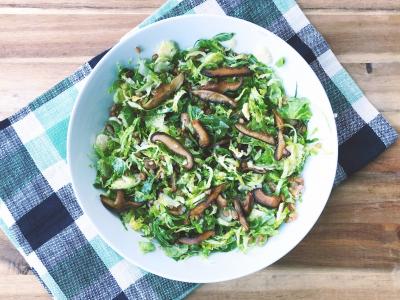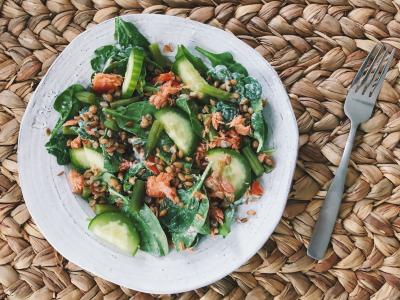Whole Grains Associated with Lower Risk of Diabetes
Whole grains are healthy carbohydrate foods that may be especially protective against type 2 diabetes. In this study, researchers analyzed the eating habits and health status of 55,465 middle-aged adults in Denmark. Those eating more whole grains were 11% and 7% less likely to develop type 2 diabetes (for men and women, respectively) over the 15-year study period. Rye bread, whole-grain bread, oatmeal, and muesli were all significantly associated with a lower risk of type 2 diabetes for both men and women, indicating a benefit for whole grains in general, rather than just one specific type of whole grain food.
The Journal of Nutrition. 2018 Sep 1;148(9):1434-1444. doi: 10.1093/jn/nxy112. (Kyrø C et al.)




